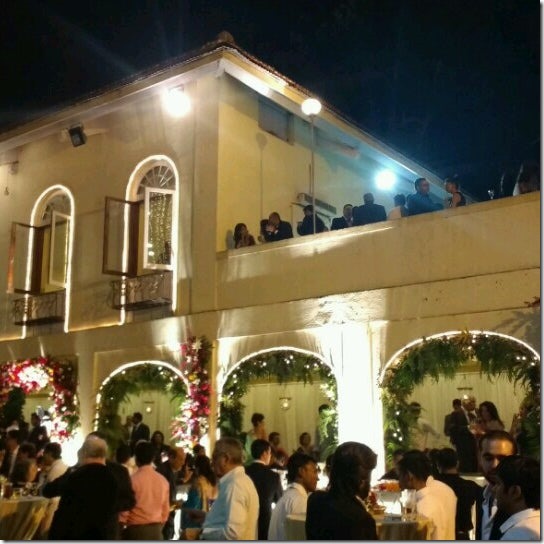Parsi businessman holds ceremony for nephew and niece over objections of community members
A navjote – the ritual through which a Parsi is inducted into the Zoroastrian religion – of the nephew and niece of a prominent Parsi in Mumbai has led to divisions in the community, with recriminations flying back and forth. The ceremony was to be held at the Seth Jeejeebhoy Dadabhoy Agiary, in Colaba, but had to be moved to a different location following objections from some members of the community, who called it an “anti-religious activity” and said only children of Parsis could be inducted into the religion.
Article in the Mumbai Mirror

This was followed by a community member, Yezdi Hodiwala, issuing a legal notice to the agiary trust. He later told Mirror he went personally to deliver it. The notice cited sections of the Indian Penal Code for hurting the religious sentiments of the community, he added. “The trust refused to accept the notice. The invite was not clear if the navjote ceremony would be held at the agiary compound. We found out through reliable sources close to the family that the navjote was to be held in the hall of the agiary, which isn’t allowed because it is a communal trust and the beneficiaries are Parsi Zoroastrian and these are Hindu children and they are unofficially being converted to Zoroastrianism,” Hodiwala said.
Another letter of objection was sent by Hanoz Mistry on behalf of The Parsee Voice, a community paper, stating it was clear from the invitation that the father of the children was a non-Parsi. “In the first place, a navjote ceremony can only be performed for progeny of two Parsi parents. In the current case the father is a non- Parsi. Further, as part of the ceremony the child is required to undergo a spiritual ablution (nahan), which a non-Parsi child is unqualified to undergo. Besides, a navjote is not an initiation ceremony to admit any person into the faith. It is a confirmation ceremony of a child who is already born into the faith, who is vested with the divine implements of sudreh and kusti [white vest and ‘holy’ thread]”, he said.
On Saturday the ceremony finally took place. In a brief telephone conversation with the Mirror, Dara Mehta confirmed the navjot for his nephew and niece had been held, though he did not mention the venue. “I know children of Parsis who wear the sudreh and kusti [white vest and ‘holy’ thread] and who don’t know anything about the religion. My sister’s children wear the sudreh and kusti even though their father is Hindu… If anyone has a problem then that is their issue,” he said.
Vispy Wadia, a reformist Parsi who rebelled against orthodoxy by inaugurating a fire temple in Pune in December 2017 to recognise children of Parsis who have married outside the community, said nobody requires permission to follow Zoroastrianism. “It is a universal religion,” he said. “Children of intermarried Parsi females have equal right to follow Zoroastrianism if they wish to. The children of intermarried Parsi males are accepted into the fold. Then why discriminate against children of Parsi women?” Wadia insisted that the scriptures talk of “universality”.

